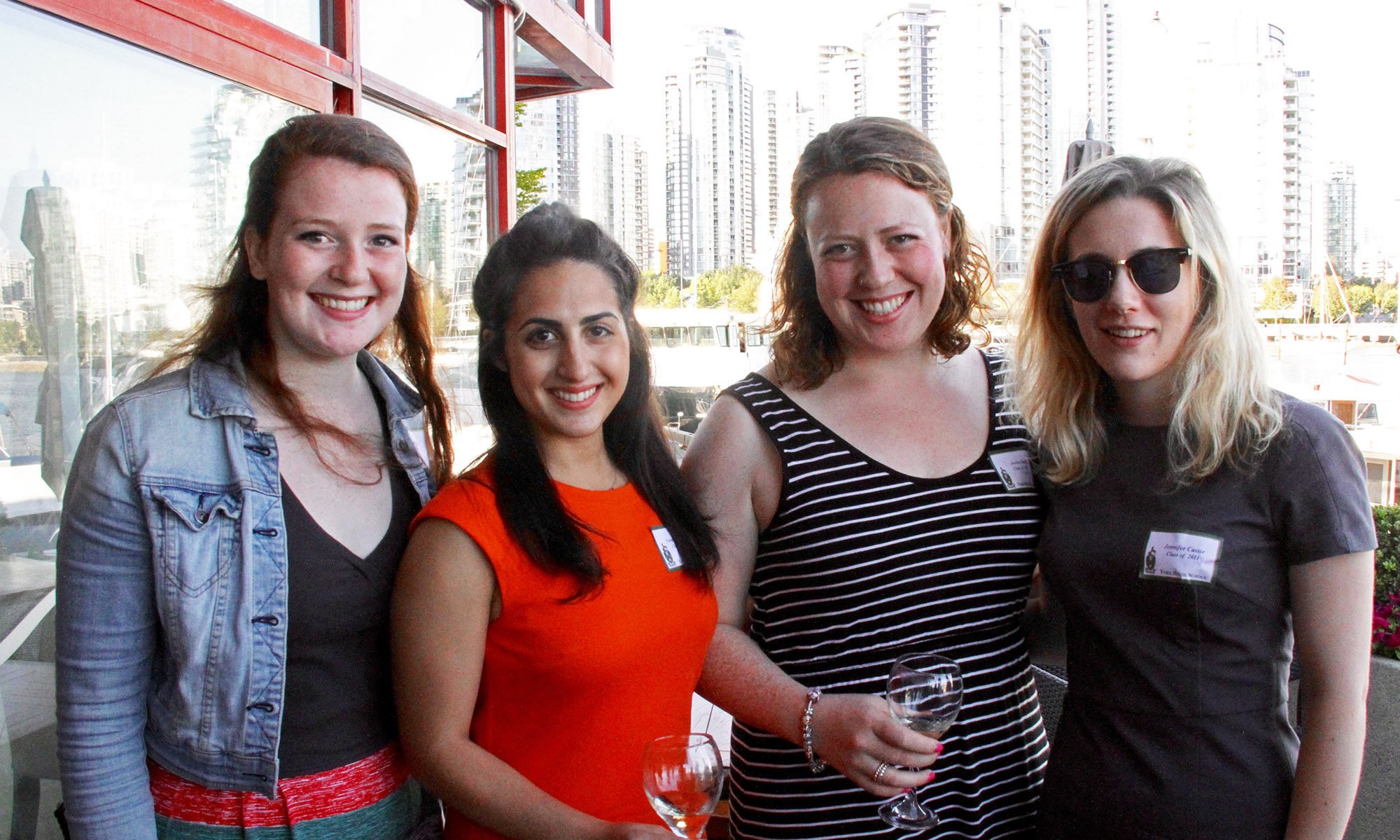 You graduated from YHS in 2007. Where did your post-YHS journey take you?
You graduated from YHS in 2007. Where did your post-YHS journey take you?
After graduating from York House I went straight to UBC. I wasn’t too sure what I wanted to do, but knew I wanted to study a field related to science and food. In my 3rd year I took an International Nutrition course which got me interested in Public Health, specifically looking at the immense impact nutrition can have on health at a population level. After finishing this course I knew I wanted to work in Public Health. I decided to get my Masters in Public Health Nutrition in The London School of Hygiene and Tropical Medicine (LSHTM), where I focused primarily on epidemiological research methods, statistics, and policy. As part of the LSHTM curriculum, I took a position with the International Potato Centre (CIP) where I worked with the sub-Saharan Africa team in Kenya on a unique Bill & Melinda Gates funded project, which was looking at the effects of providing new agricultural techniques on the health status of pregnant women. From there I stayed in Europe for the next 4 years and worked for the World Health Organization in Geneva and The Food and Agricultural Organization of the United Nations in Rome. At FAO I was involved in the nationwide integration of a new indicator: the Minimum Dietary Diversity Women (MDD-W) in the national survey of Tajikistan. We helped build awareness around the importance of eating a varied diet and nutrient dense foods, especially for women of a reproductive age.
Now I’m back in Vancouver and I’ve co-founded Fed, a nutrition startup that produces ready to eat meals. Our meals provide 100% of all your daily nutrients through real food! Fed has allowed me to bring together my passions in health and nutrition, and apply them in a fast-moving startup. Our vision is to improve people’s health at a micro and macro level—all through real food.
What are your fondest memories of York House?
My fondest memories of York House would have to be our yearly camp trips. Every year starting in Grade 5 the whole class would go to a different campsite in BC. Having a sense of independence at such a young age was so exciting and being able to experience that with your closest friends is something I’ll cherish forever.
With your background in nutrition, can you give us three top tips for good health?
- Don’t restrict yourself or follow any “rules” or diets when eating, just eat what makes you feel good. Try to avoid eating processed foods and too much meat. Its best to eat more vegetables and fruit. Also try and stick to the 80-20 principle, eat clean 80% of the time and allow for a few more “fun foods” 20% of the time.
- Drink lots of water!
- Variety is key! Switch it up every day and eat a variety of different foods. It will help you get different nutrients throughout the day.
You moved back to Vancouver from Italy and set up a business? Can you tell us a little about that?
Working at the UN, especially FAO was a great experience! But I felt like I needed to be in a more challenging setting in order to grow as a professional and work on a project that can demonstrate measurable impact in people’s daily lives. While in Rome, I got a call from an old friend at UBC who was thinking about a specialized meal concept, focusing on nutrition and taking a food as medicine approach and he asked me if I want to help. I decided to take a risk and leave my job in Rome; I moved back to Vancouver and we started Fed. That was 2 years ago. We now have a team of 10 people and an entire operation set up from our industrial kitchen to our delivery system. It has definitely been a challenging experience and one of the most rewarding experiences I’ve had thus far.
What is your five year plan?
Over the next five years, I’ll continue working on making our vision for Fed a reality. Our goal is to be in five cities in five years, and to have a number of specialized offerings for those dealing with a variety of diet-related diseases such as diabetes.

